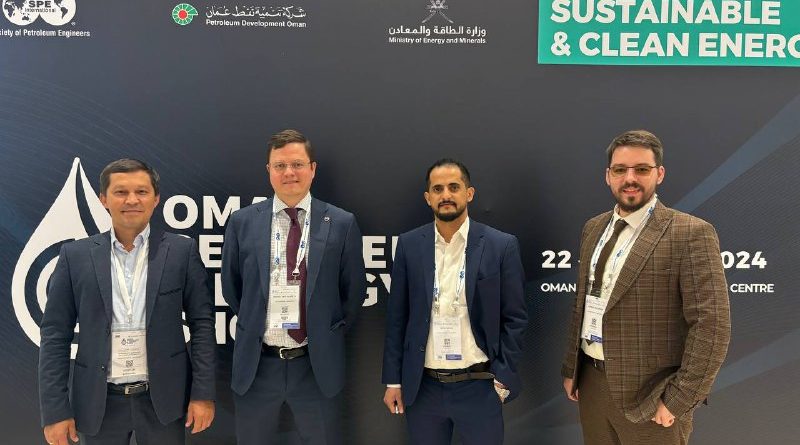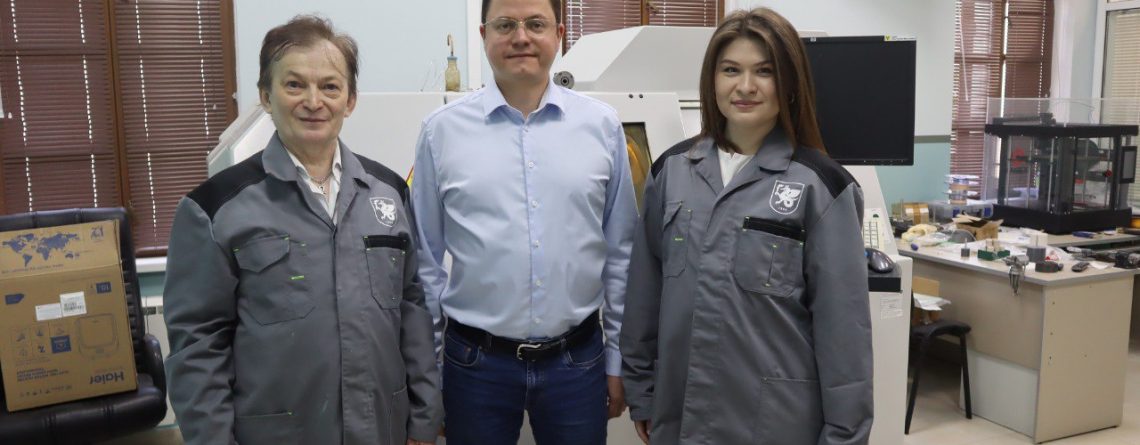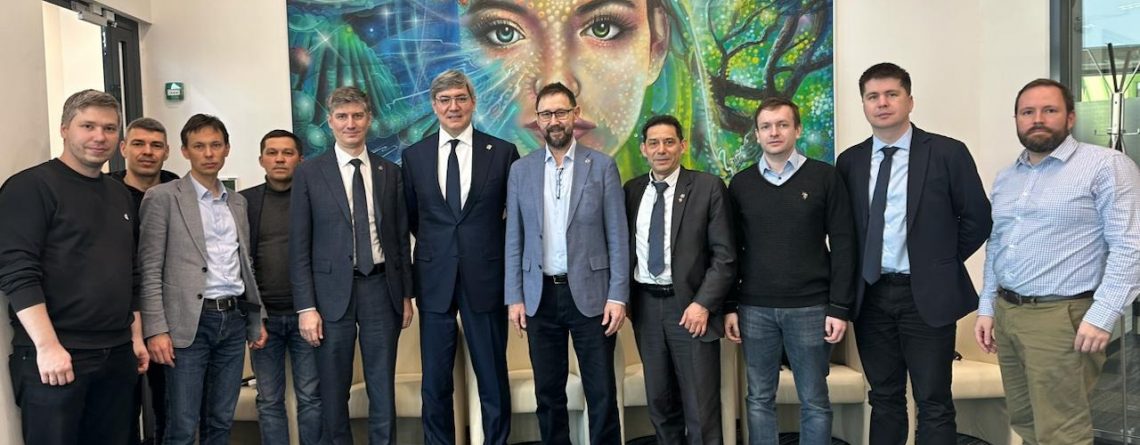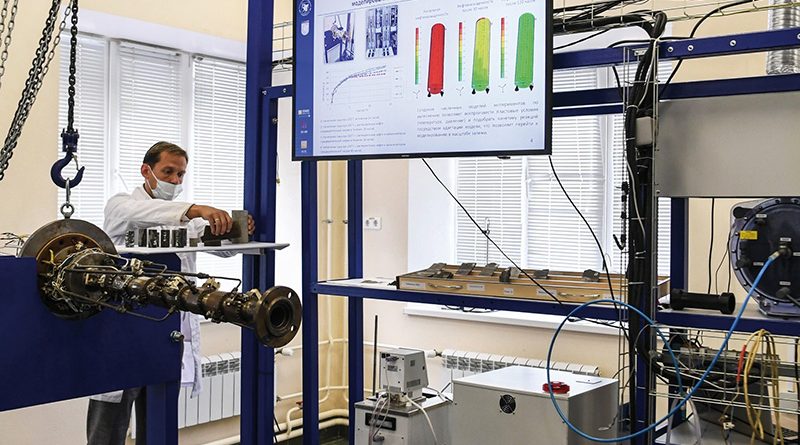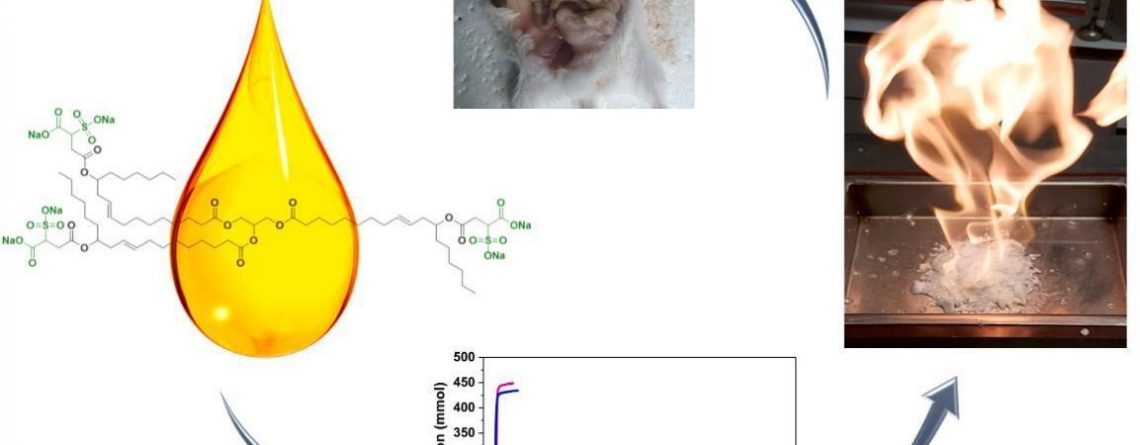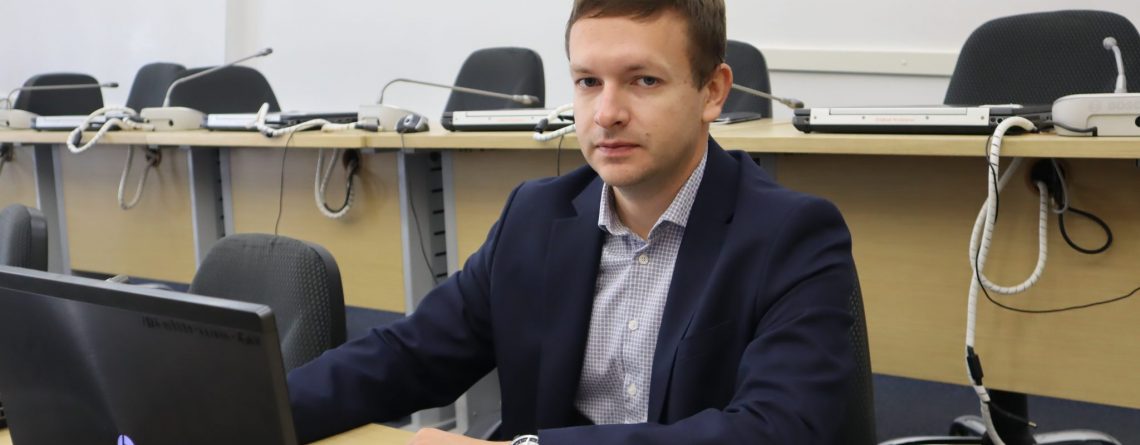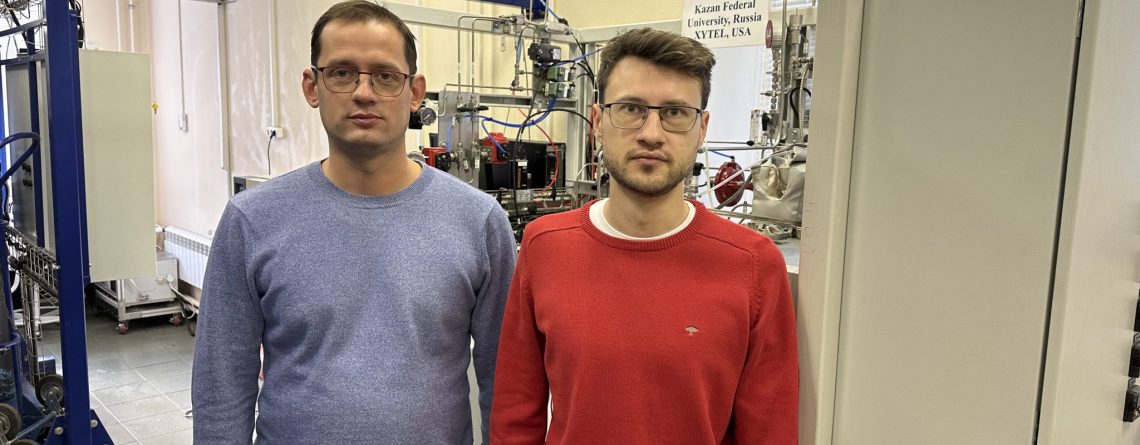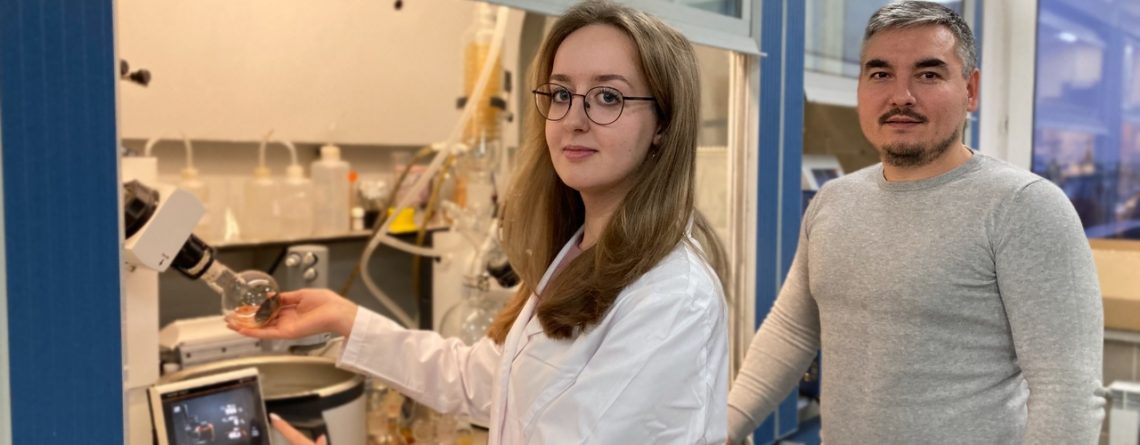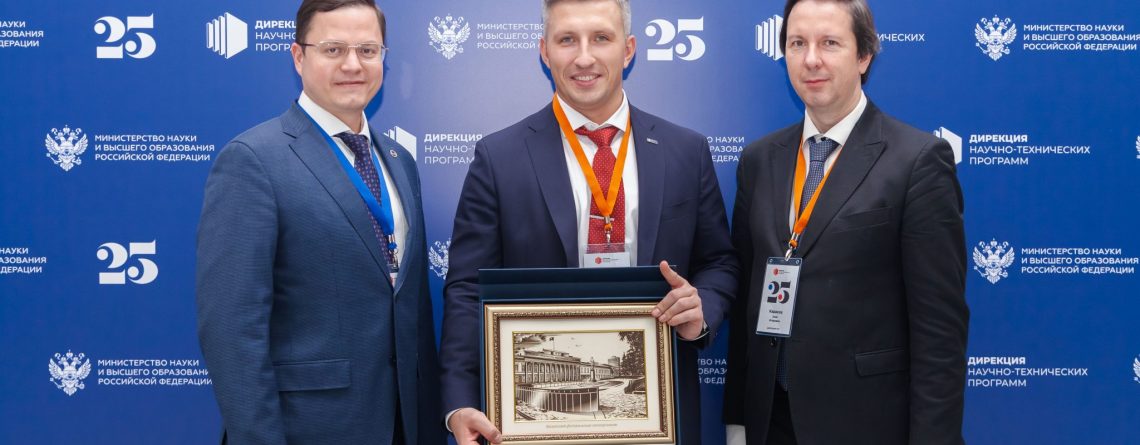Institute featured at Oman Petroleum and Energy Show 2024
4 reports were presented by KFU's Center for Liquid Hydrocarbons on 22 - 24 April. The extensive program of the event was attended by more than 15,000 specialists in hydrocarbons and energy from 300 companies representing 24 countries. The delegation of Kazan University comprised Mikhail Varfolomeev, Chair of the Department of Petroleum Engineering, Vladislav Sudakov, Deputy...

